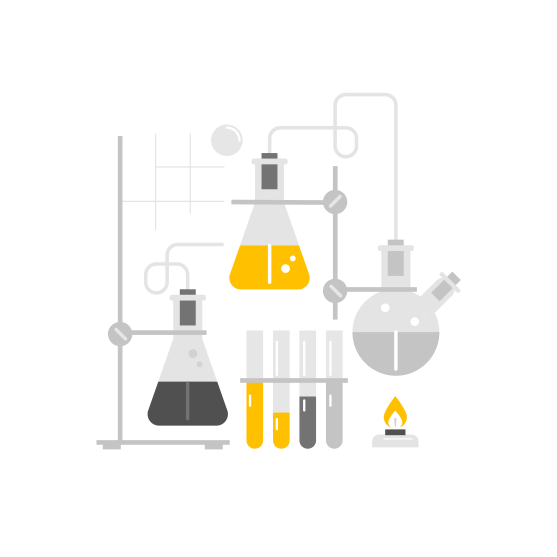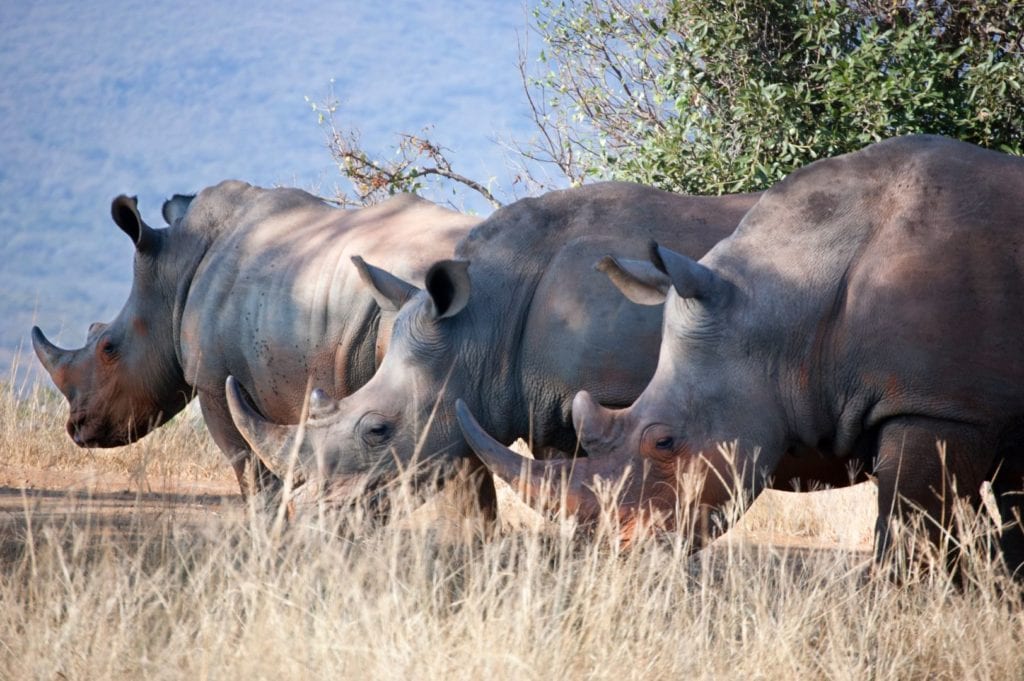


Azure Service Operators – A Kubernetes native way of Deploying Azure Resources

Preventing Rhino Poaching With Microsoft Azure

How to Build A K8S Http API For Helm, and Serve Micro-services Using A Single IP

Infrastructure as Code – On demand GPU clusters with Terraform & Jenkins

Building a Private Ethereum Consortium

Using Helm to Deploy Blockchain to Kubernetes

Azure Event Hub Ingestion at Scale with Python and Kubernetes


 Light
Light Dark
Dark